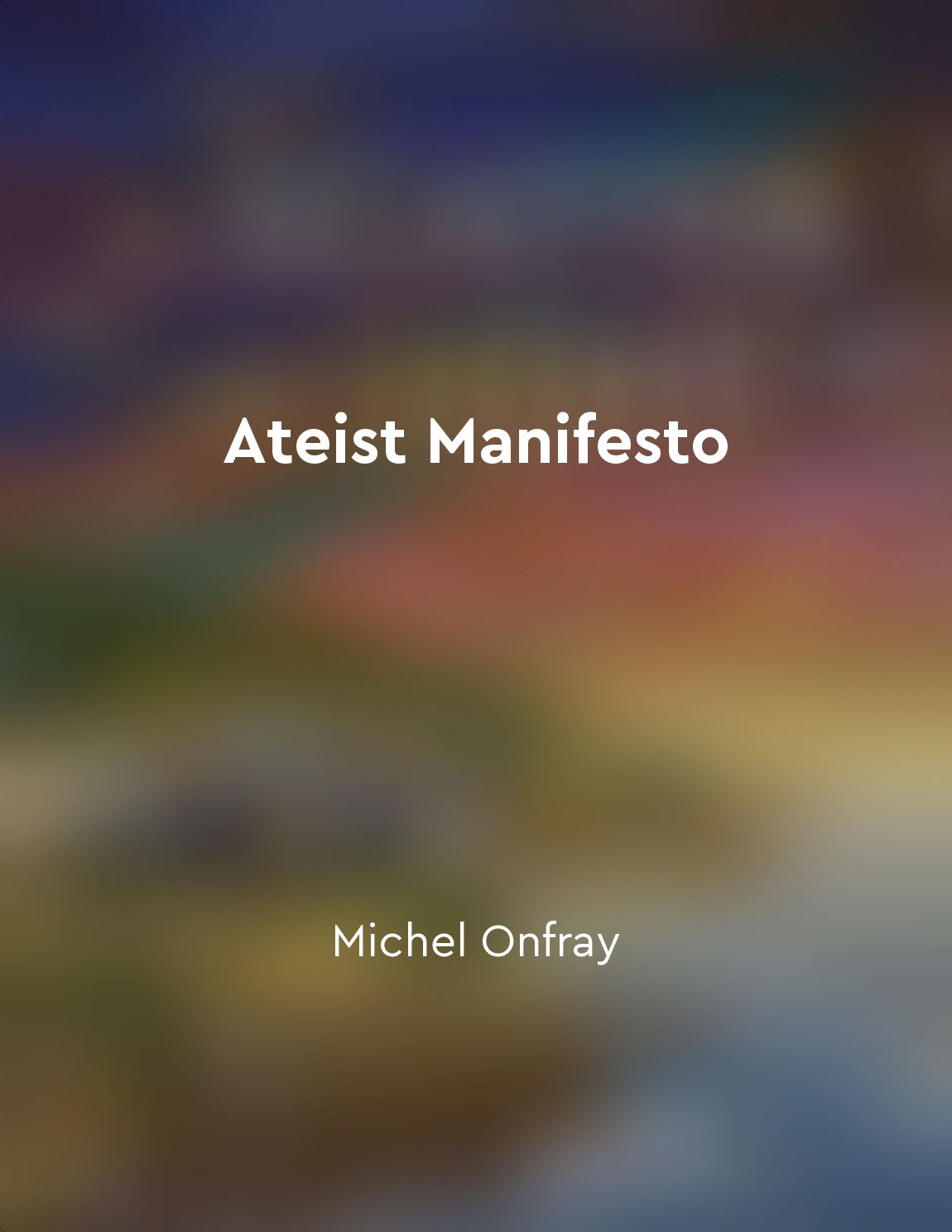Religion influences nationalistic feelings from "summary" of Imagined Communities by Benedict Anderson
The intertwining of religion and nationalism is a complex and multifaceted phenomenon that has been observed in various societies throughout history. Religion, with its ability to foster a sense of community and belonging among its followers, has often played a significant role in shaping nationalistic sentiments. In many cases, religion has served as a unifying force that transcends geographical and political boundaries, creating a sense of shared identity and purpose among believers. This shared sense of belonging can easily be co-opted by nationalist movements seeking to mobilize support and rally people around a common cause. Religious institutions, with their vast networks and influence, can also be powerful agents in promoting nationalist ideologies and agendas. Through religious teachings and practices, they can instill in their followers a strong sense of loyalty and devotion to their nation, often portraying it as divinely ordained or chosen. Moreover, the rituals and symbols associated with religion can be easily adapted to serve nationalist purposes, further reinforcing the connection between the two. For example, the use of religious imagery and language in nationalist propaganda can evoke powerful emotions and create a sense of sacred duty and obligation towards one's nation. At the same time, religion can also be a source of conflict and division within nations, particularly in ethnically and religiously diverse societies. Competing religious beliefs and practices can fuel sectarian tensions and undermine national unity, leading to the rise of religious-based nationalism that excludes or marginalizes certain groups.- The relationship between religion and nationalism is a complex and dynamic one that is shaped by historical, cultural, and social factors. While religion can undoubtedly influence nationalistic feelings, it is important to recognize the diverse and sometimes contradictory ways in which this influence manifests itself in different contexts.
Similar Posts

The rise of China poses new challenges to global stability
The economic rise of China in recent years has been nothing short of remarkable. With its booming manufacturing sector and grow...

Biodiversity loss threatens ecological balance
Biodiversity is like a vast, intricate tapestry that has taken millions of years to weave. Every species, whether big or small,...
The Taliban's control in Afghanistan was based on a complex mix of religious ideology and political power
The Taliban's control in Afghanistan was not simply a matter of religious ideology or political power, but rather a complex int...
Military strategies prioritize offense over defense
According to Mombauer, military strategies in the lead-up to the First World War often emphasized the importance of taking offe...

Atheism celebrates human diversity
The idea that atheism celebrates human diversity is a powerful one. It goes against the prevailing notion that atheism is a mon...

The field of biology is constantly evolving with new discoveries
The story of biology is a tale of constant change and evolution. From the discovery of DNA to the mapping of the human genome, ...
Language plays a crucial role in forming communities
In the realm of imagining communities, language emerges as a powerful force that not only facilitates communication but also sh...
The religious wars of the past were more about land, resources, and power than dogma
The idea that religious wars were really about something other than religion is not new. Scholars have long debated the causes ...
Nationalism is a form of mass politics
Nationalism, as a form of mass politics, is a phenomenon that brings together individuals who may never meet but share a common...

